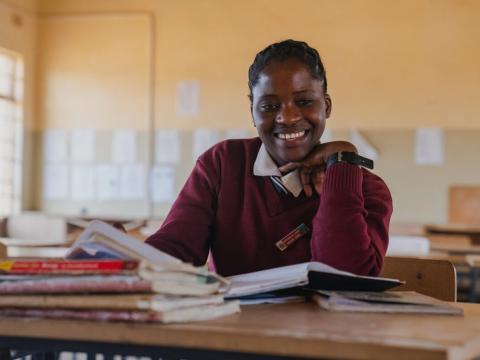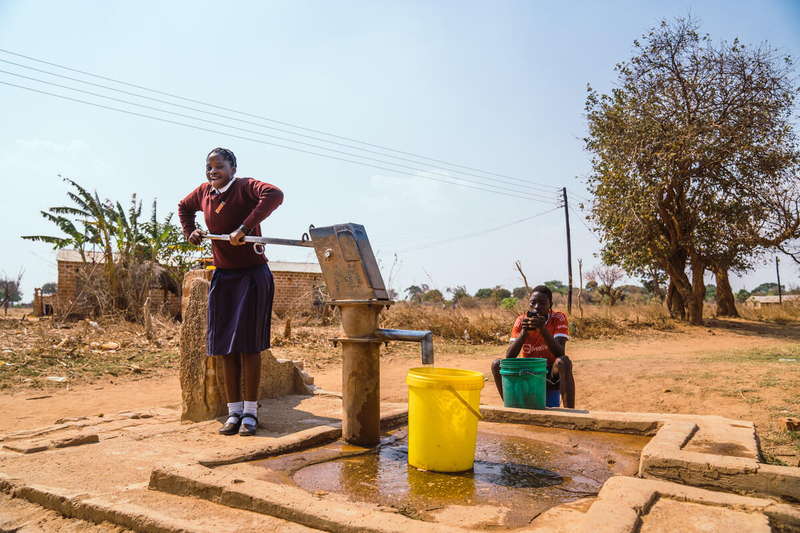Clean Water Restores Jessica's Educational Hope

At Kanchomba Primary School in Hamaundu, Zambia, 19-year-old Jessica’s life has been dramatically transformed thanks to World Vision’s work in water, sanitation, and hygiene (WASH).
Now in twelfth grade, Jessica recalls spending up to three hours each day fetching water. She would walk before school, at lunchtime, and again in the evening, often missing classes due to these lengthy trips.

Nakachili Ndungo, a teacher at the school for 16 years, vividly remembers a time when tardiness among female students was a persistent problem. “The girls were often late to school,” she explains. “School starts at 07:00, but by 8:20, many still hadn’t arrived.”
Jessica’s academic performance suffered because of the time spent collecting water. “It affected my grades very badly,” she says. Additionally, during her menstrual cycle, she regularly missed four days each month, which further impacted her studies.
Health issues also plagued Jessica due to contaminated water. “A long time ago, when we lacked water, life was very difficult. My health was very poor,” she recalls. She contracted diarrhea and cholera from drinking dirty water.
“I missed many lessons, and my grades dropped so much that I didn’t even receive a report card,” Jessica explains. Students who fail do not get report cards, highlighting the extent of her struggles.
In 2018, World Vision drilled a borehole on the school grounds, providing clean water at four points within the school, four in the community, and at all nine teachers’ residences.
Today, Jessica’s walk to fetch water takes only about two minutes. She now uses that extra time to study and read.
In 2019, World Vision also built an ablution block at the school, specifically to support girls during their periods. The facility includes private toilets and a space for girls to bathe and clean themselves comfortably.
Jessica shares, “Now, during my menstrual cycle, I can bathe freely in the ablution block.”
She has been a member of World Vision’s WASH Up Club at the school for five years. The club promotes hygiene and sanitation messages among students, and involves boys in making sanitary pads to foster understanding and sensitivity towards girls’ needs.
Furthermore, World Vision has constructed a dormitory that houses up to 100 girls, with 47 currently living there, providing a safe and supportive environment for female students.
Thanks to these interventions, Jessica’s grades improved from 40% to 90%. She is now on track to pursue her dream of becoming a journalist.
“I want to do something that can help my family and others in my community,” she says. “It’s important because I don’t want other girls to go through what I experienced.”